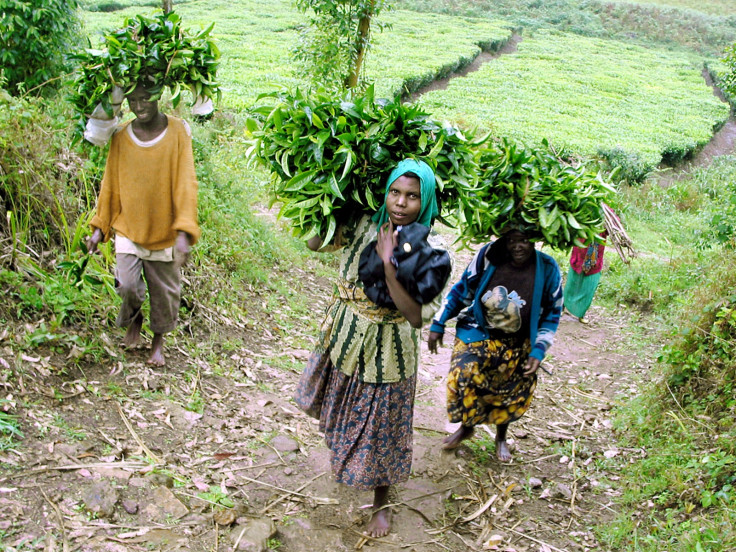COP21: Rwanda's Green Party says renewable energy is essential
IBTimes UK has spoken with Frank Habineza, leader of Rwanda's opposition Democratic Green Party (DGPR), on how the country has been negatively impacted by climate change. Habineza explained that, although Rwanda is at the forefront in the fight against rising temperatures, more has to be done to ensure people can use renewable energy and enjoy a green economy.
Days before world leaders gathered in Paris for the UN Climate Change Conference, also known as COP21, the Rwandan government called on the international community to create a stronger agreement on how to tackle climate change.
Rwanda's minister of natural resources, Dr Vincent Biruta, was quoted on the government's website as saying: "Rwanda will go to Paris calling for greater action on climate change and for more and better financing for vulnerable nations. We will also share our experience in implementing innovative environment conservation programmes and work with international partners to mobilise resources.
"Our ultimate objective is to reach an agreement that prevents the worst impacts of climate change and that supports countries like Rwanda to respond and adapt to a warming planet."
Thank you @SolheimDAC for kind words on #Rwanda at #COP21. We are working hard for our people & #GreenGrowth. pic.twitter.com/TOKaPgyGgA
— Vincent BIRUTA (@Vbiruta) December 7, 2015How Rwanda has been impacted by climate change
Rwanda does not have many natural resources and its economy is based on agriculture. According to Rwanda's climate action plan, the country has been witnessing a rise in temperature, expected to increase by up to 2C by 2030. Rainfall is also expected to rise, causing more floods, crop losses and a reduction in fertile land, which will undermine agricultural practices, the main component of Rwanda's economy.
Tackling climate change has been an important issue on the agenda of Rwanda and other African countries for many years. On 24 November, the World Bank announced a $16bn (£10bn) climate finance programme to help Africa cope with climate change, which has already negatively impacted people's lives in several countries that are heavily dependant on agriculture and lack adaptive capacity.

© Copyright IBTimes 2024. All rights reserved.






